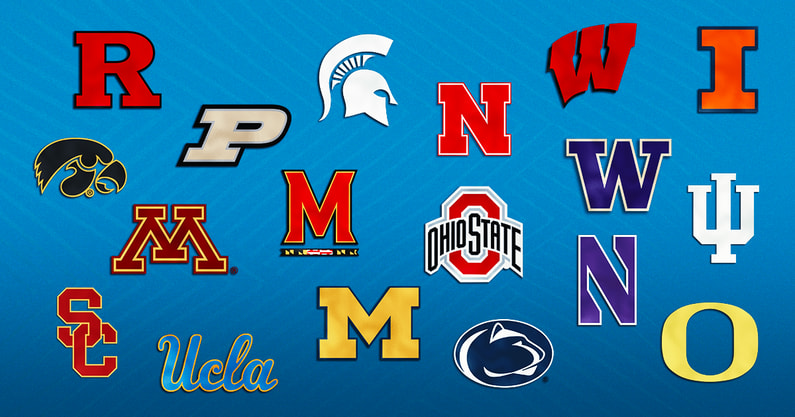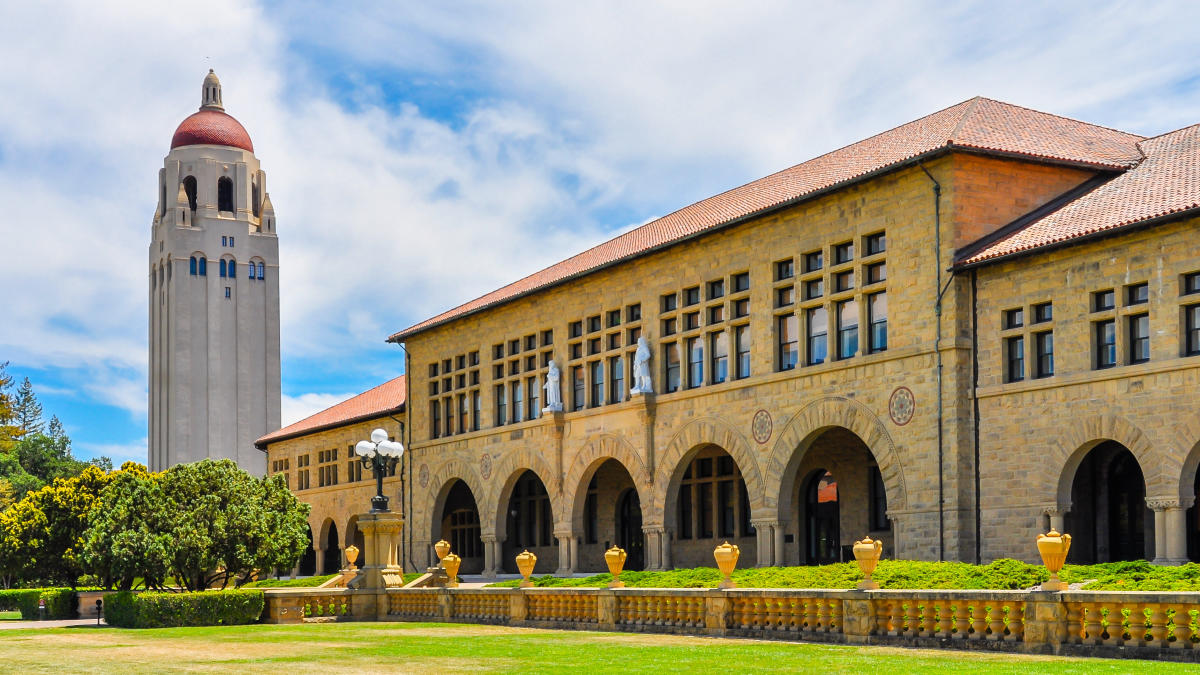Many students see college as a rite of passage, a requisite step in the educational process, informed in part by their parents’ and grandparents’ recounting of adventures with roommates and of courses with inspiring professors. Some students aspire to attend a parent’s alma mater, while others are determined to forge a new path for themselves. However, for many other prospective undergraduates, first-generation students, exactly what college entails remains more abstract.
According to the Center for First-Generation Student Success, “As of academic year 2015-16, 56% of undergraduates nationally were first-generation college students (neither parent had a bachelor’s degree), and 59% of these students were also the first sibling in their family to go to college.” These are exciting statistics when considering the impact college can have on closing the opportunity gap for students and leveling the playing field in terms of finding future employment. According to a 2020 Forbes article, even with the increasing cost of college, there are still many benefits including higher salaries, ease of obtaining employment, better health, and more likelihood to both volunteer and vote. A college degree benefits the individual as well as their larger community.
However, first-generation students face unique challenges when it comes to college, including their expectations of what college might be, how to navigate the college application process, and the actual experience at college when they attend.
College Expectations
When parents share their own college experiences and establish tacit expectations for their children to attend, students envision college as part of their future. When parents lack those experiences, students might feel like college is a part of the educational process for “others” – an unattainable ideal or less of a possibility. However, a mentor can change this belief, acting to lay the foundation for the various options for college as well as reinforcing the notion that anyone can attend. There are many community-based programs that begin working with prospective first-generation college students while in high school so that these students see the possibility of attending college along with their peers.
Navigating the College Process
The college application process is a daunting one for all students, however negotiating this process without a parent or mentor who has been through it before can put a student at a real disadvantage. Many high schools are unable to provide the number of counselors required to provide the kind of detailed guidance students need to successfully navigate the college process. This includes understanding which standardized tests to take and how to study for them. If a first-generation student is also from a low-income background, they are at a financial disadvantage in terms of paying for tutoring that could help them succeed on the tests as well as having a limited number of times they can afford to take them.
Another critical aspect of the college process is determining which schools are good matches for them, both academically and socially, as well as what the actual application process requires. Part of this is also navigating financial aid and scholarships. All of the forms and steps can be incredibly overwhelming, and without someone to shepherd a student through this process, many may ultimately give up. Community-based mentorship programs are critical in supporting students throughout the application process. From offering tutoring for the SAT and ACT, to choosing schools that fit each unique student, to helping with completing the application process, these organizations and their mentors make the application process straight-forward, manageable, and less stressful.
The College Campus Experience
While living on a college campus offers many exciting possibilities, for many first-generation college students, this is the first time they have been away from home and their families. If a student is from an immigrant family, they might be the ones who translate at home, and they know that their parents are now navigating the communication on their own. Additionally, there are many added expenses to living on a college campus, and those costs can limit the ability of a student from a lower-income background to participate. Furthermore, there are the academic pressures that students feel now that they are competing with classmates who obtained educations from more affluent public schools and private schools, beneficiaries of perks like internships, tutoring, and additional coursework that may have been unavailable to first-generation students. For many first-generation students confronted with these realities, familiar feelings of college being only for “others” may resurface.
These issues are directly related to the retention rate for first-generation students. While they make up more than half of the students attending college, they are graduating from college in fewer numbers than those who had parents who attended college. If they do graduate, it is taking them a greater amount of time to do so.
Preminente’s Urban Initiative Program
Since its inception, Preminente has been dedicated to supporting students from underserved communities in the college process. Through our Urban Initiative Program, we are working with first-generation college students in a variety of communities across the country. We have formed strategic partnerships with organizations that sponsor first-generation college students and students from low-income families so that we can aid them with job and internship placement, as well as college placement and gap funding.
We offer the same, personalized services to students in the Urban Initiative Program as we do for all of our clients. Additionally, we believe that it is critical that we not only support them in the college process, but also when attending the university of their choice based on their academic needs and future career goals. Therefore, Preminente is committed to continuing to work with the students in our program throughout college, including with finding internships, jobs, and applying to graduate school, if they choose to do so.
We are proud to say that our success rate with this group of students parallels that of all of our clients. The students in our Urban Initiative Program attend top colleges of their choosing with strong financial aid packages and merit scholarships. For this reason, we are so grateful for the support of our strategic partnerships with nonprofits throughout the country who work to serve Urban Initiative Program students to achieve their dreams. We are eager to continue to expand our Urban Initiative efforts over the coming years so that we can ensure equitable access to college for all students.




